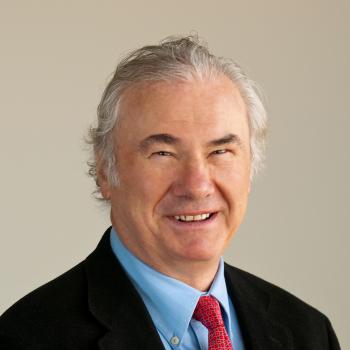David Teece

David J. Teece is an innovation scholar who has studied how markets for know-how and intellectual property function and is well known for a series of papers on capturing value from technology. He coined the term “appropriability regime” and has explored how the appropriability regime impacts business model choices, particularly in relation to technology licensing.
Prof. Teece is the director of the Tusher Initiative for the Management of Intellectual Capital at the University of California, Berkeley’s Haas School of Business. He has authored over 30 books and 200 scholarly papers, and has been cited almost 170,000 times, per Google Scholar.
Dr. Teece has been ranked as the world’s most-cited scholar in the combined field of business and management in an analysis of science-wide author citations published in PLOS Biology, a peer-reviewed journal. He is co-editor of the Palgrave Encyclopedia of Strategic Management. Dr. Teece has received nine honorary doctorates and has been recognized by Royal Honors.


Assessing the Patent and Trademark Office’s Inventorship Guidance for AI-Assisted Inventions
